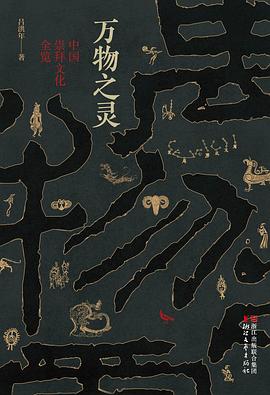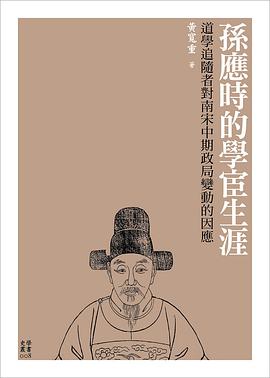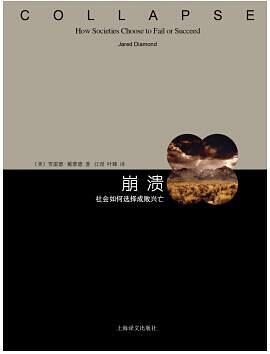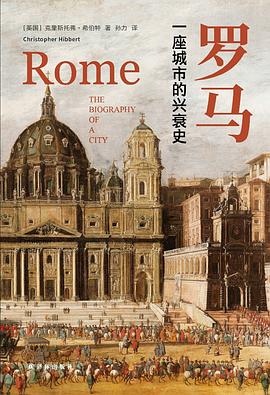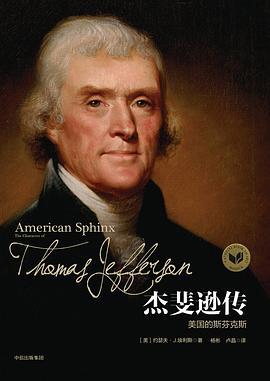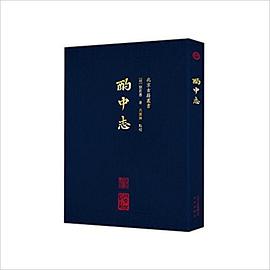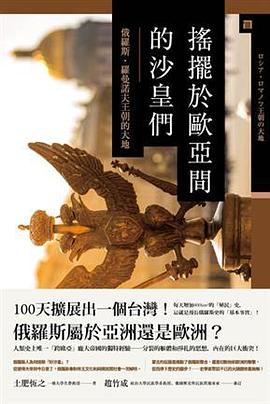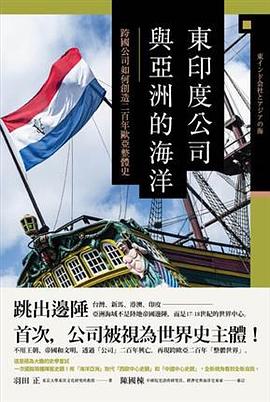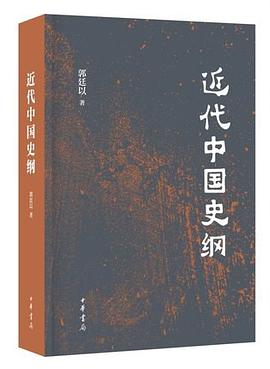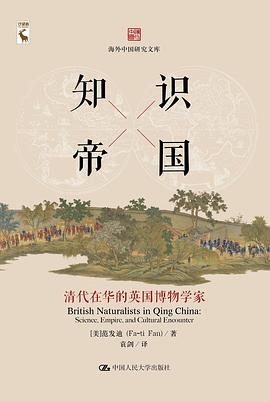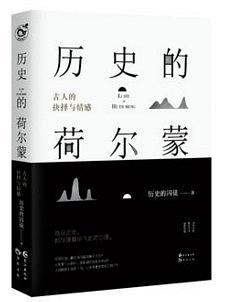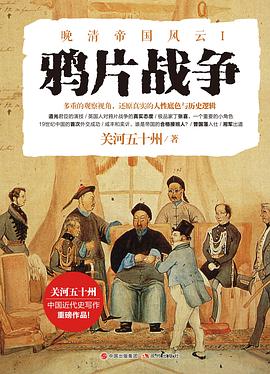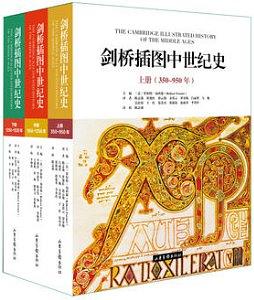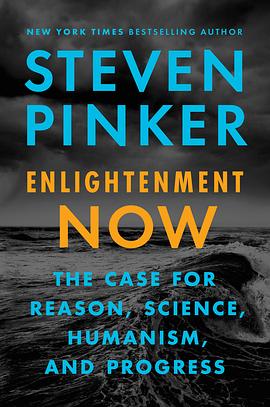

具體描述
The follow-up to Pinker’s groundbreaking The Better Angels of Our Nature presents the big picture of human progress: people are living longer, healthier, freer, and happier lives, and while our problems are formidable, the solutions lie in the Enlightenment ideal of using reason and science.
Is the world really falling apart? Is the ideal of progress obsolete? In this elegant assessment of the human condition in the third millennium, cognitive scientist and public intellectual Steven Pinker urges us to step back from the gory headlines and prophecies of doom, which play to our psychological biases. Instead, follow the data: In seventy-five jaw-dropping graphs, Pinker shows that life, health, prosperity, safety, peace, knowledge, and happiness are on the rise, not just in the West, but worldwide. This progress is not the result of some cosmic force. It is a gift of the Enlightenment: the conviction that reason and science can enhance human flourishing.
Far from being a naïve hope, the Enlightenment, we now know, has worked. But more than ever, it needs a vigorous defense. The Enlightenment project swims against currents of human nature–tribalism, authoritarianism, demonization, magical thinking–which demagogues are all too willing to exploit. Many commentators, committed to political, religious, or romantic ideologies, fight a rearguard action against it. The result is a corrosive fatalism and a willingness to wreck the precious institutions of liberal democracy and global cooperation.
With intellectual depth and literary flair, Enlightenment Now makes the case for reason, science, and humanism: the ideals we need to confront our problems and continue our progress.
著者簡介
Steven Pinker is the Harvard College Professor of Psychology at Harvard University. A two-time Pulitzer Prize finalist and the winner of many awards for his research, teaching, and books, he has been named one of Time‘s 100 Most Influential People and one of Foreign Policy‘s 100 Leading Global Thinkers. His books include The Stuff of Thought, The Better Angels of Our Nature, The Blank Slate, and The Sense of Style.
圖書目錄
讀後感
断断续续用了很长时间地翻看完,我对这本书的感情真的复杂至极。一方面在翻看的这些日子我知道很多糟糕透顶的事,而这本书绝大部分用各种主题描绘着“进步的当下”,可这丝毫没有平息我的愤怒和难过,徒增不耐烦罢了;另一方面我想我是明白作者所提倡的启蒙,我也接受用理性和...
評分文/宝木笑 最近,我们每个人最关注的事情就是疫情,我们每天祈祷那些数字能够降下来,我们为那些勇敢的逆行者和正在承受苦难的同胞泪目,我们力所能及地去做支持自己同胞的事情,我们也防护好自己和家人,除了购买生活必需品,我们都宅在家里。宅在家里的日子除了看书,也会看...
評分从进化心理学的角度,人总是更关注于潜在的危险远胜于可获得的收益。害怕眼前的痛苦,远胜于未来的欢娱。喜欢眼前的就能收获的果实,而不想得到未来更多的财富。失去的痛苦,远胜于得到的快乐。 凡是注重于危险,关注于当下的问题的人,才能更好的生存到现在。 譬如说,你注意...
評分最近看了一点也不什么来着,说平克其实招了很多人讨厌。我读了读,读到结尾,觉得实在肤浅,粗制滥造,它显然是娱乐新闻的性质,而不是严肃认真的思考。 娱乐新闻并不是由内容限定的,而是由态度。比如你不小心手碰了一个女同事屁股,第三个人看到了,他当场大声喊出来:他碰了...
評分那是一个再普通不过的夜晚,我躺在床上,打开了这本书,仅仅是看完了前两页,我就忍不住分享内心的兴奋,向身边的男朋友喊到:这本书太适合我了!简直是量身为我定制! 说完我就继续埋头看书了。直到看完这本书,我不得不说,它正是我一直以来寻找的那本书。 理性,科学,人文...
用戶評價
Pinker論證科學帶來的種種好處:更長的壽命,更少貧窮,更豐富的物質享受,更和平(主要指國傢級戰爭更少),更多民主(主要更多國傢選擇民主政體),教育更普及(主要是文盲更少)。單子很長,世界確實有實實在在變化。可福柯的生命政治視閾下的現代人,也有類似的趨勢。pinker提到福柯,為什麼不認真論證,打倒福柯,證明“數世紀的科學知識發展以及其帶來的好處,背後是沒有站著個'權力'的”,呢?(這是疑問句,不是反問句)反而花瞭那麼多精力去評判宗教生活(這種評判標準當然是上麵科學帶來的那些好處啦),還花那麼大篇幅想論證尼采是自大狂和納粹分子。關鍵對手都避開,然後復述那些老掉牙的偏見,難怪書那麼長。
评分Steven Pinker 在嘗試推進人類的「二次啓濛」運動,用本書嚮著「理性、科學、人文主義和進步」的未來猛推瞭一把,全書依然是充滿樂觀的對未來的預判,我也非常的認同,這會是一本我嚮朋友不斷推薦的好書
评分Steven Pinker 在嘗試推進人類的「二次啓濛」運動,用本書嚮著「理性、科學、人文主義和進步」的未來猛推瞭一把,全書依然是充滿樂觀的對未來的預判,我也非常的認同,這會是一本我嚮朋友不斷推薦的好書
评分跟理性樂觀派屬於同一類型。白左進步人士自嗨的布道書。
评分我的求生欲真的挺強,剛對人類社會産生巨大失落感,馬上開始高強度閱讀Steven Pinker試圖緩解局勢,重新相信我們在發展進步、世界在變好……具體效果待定,可能要加大馬力來激活我逐漸被掩埋的樂觀主義。 不患寡而不均的思維方式不可取,用發展的角度解決環境問題,民主的代價與價值……還是忍不住聯想到疫情,不知這一場天災人禍之後,世界會如何改變。
相關圖書
本站所有內容均為互聯網搜索引擎提供的公開搜索信息,本站不存儲任何數據與內容,任何內容與數據均與本站無關,如有需要請聯繫相關搜索引擎包括但不限於百度,google,bing,sogou 等
© 2025 book.quotespace.org All Rights Reserved. 小美書屋 版权所有

